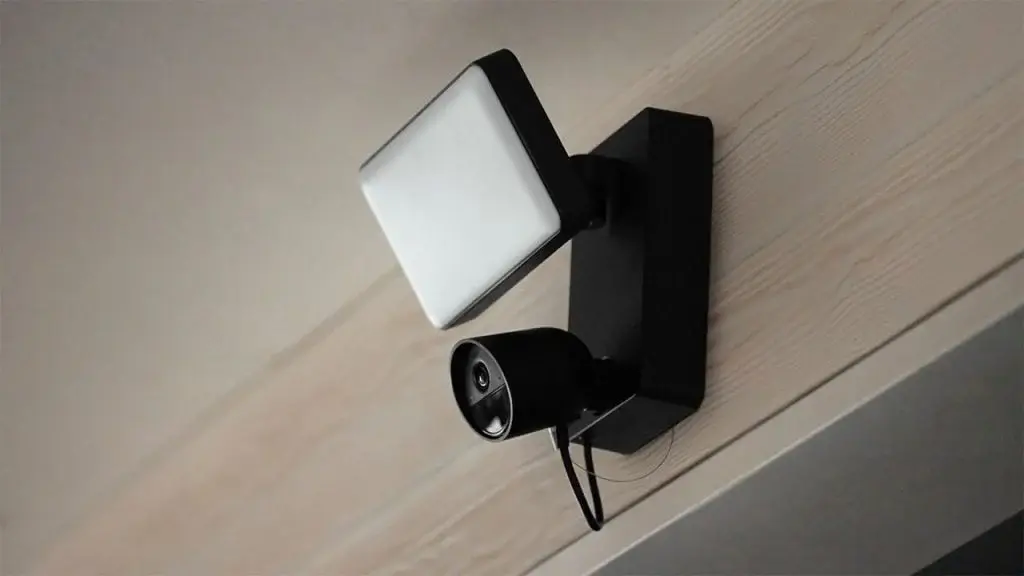Key Takeaways
1. Many users view ChatGPT as a confidential friend, similar to doctors or therapists, but digital privacy differs significantly.
2. OpenAI employs various technical methods to monitor interactions for harmful content and safety risks.
3. In mental health crises, ChatGPT guides users towards professional help but does not report suicidal ideations to law enforcement to protect privacy.
4. Conversations indicating harm to others may lead to notifications to law enforcement, raising legal and ethical concerns.
5. The balance between user privacy and safety monitoring is complex, influenced by ongoing legal discussions and future regulations.
Many individuals see ChatGPT as a reliable friend to whom they can share their thoughts and concerns. The hope for confidentiality is similar to what people feel when talking to doctors or therapists. However, when it comes to digital conversations with AI, the level of privacy is not the same as in traditional dialogues.
Monitoring Content for Safety
OpenAI uses a variety of technical methods to identify harmful content quickly. In a formal announcement, the organization states:
“We have utilized a wide range of tools, including specific moderation models and our own models to monitor safety risks and abuse.”
This clearly indicates that all interactions are assessed for possible dangers, and moderators may review the information if needed.
Sensitive Mental Health Situations
Scenarios involving mental health crises are especially delicate. OpenAI emphasizes: “If an individual shows suicidal thoughts, ChatGPT is trained to guide them towards getting professional assistance.” Simultaneously, the company distinctly separates self-harm from actions that may harm others. Suicidal ideations are not reported to law enforcement to safeguard the affected individuals’ privacy. However, it mentions:
“When we identify users who are planning to harm others, we direct their discussions to specialized channels… we may notify law enforcement.”
Legal and Ethical Implications
This monitoring approach brings up various legal and ethical issues. Users wish for confidentiality but must also accept the reality of technical moderation and, in serious situations, potential reporting to authorities. It remains unclear how different legal systems will manage the delicate balance between security and individual privacy.
The ongoing conversation surrounding ChatGPT’s privacy is intensified by global events and lawsuits. One fact is evident: privacy in AI interactions is restricted. Future legal rulings and regulatory standards will play a crucial role in defining the extent of OpenAI’s monitoring capabilities and the degree of user privacy protections.
Source:
Link










